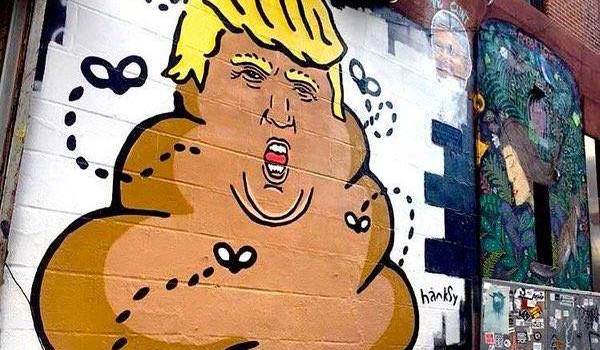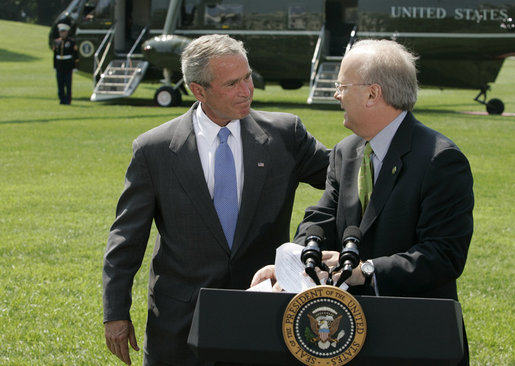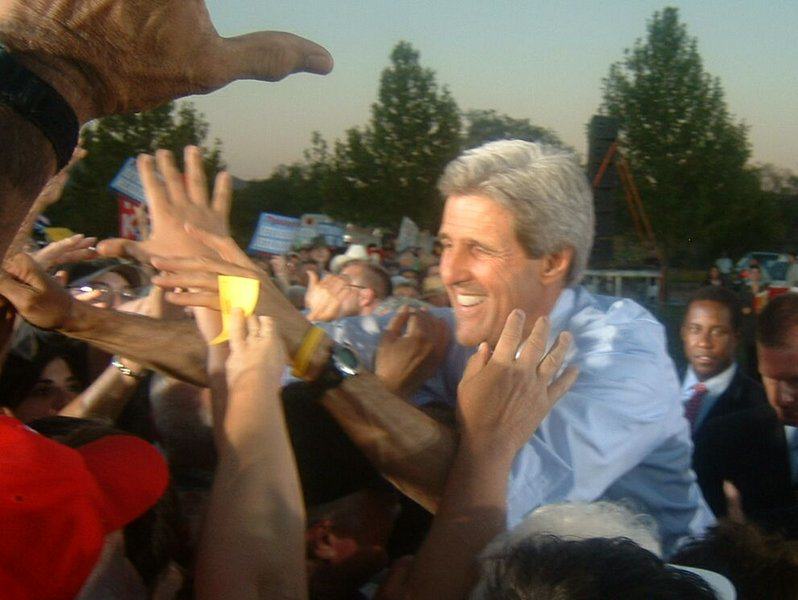

Dirty Campaign Techniques
Politics / Campaigning March 13, 2016 admin 0

Dirty campaign techniques. We hear a lot about them during these busy political campaign seasons. Candidates for public office routinely accuse each other of going negative or employing underhanded dirty tricks. But what is the truth of it all? We have compiled a little guide to the dark realm of negative campaigning, dirty political tricks and non-written rule breaking tactics.
Negative Political Advertising
It differs from country to country if political TV-advertising is allowed. Especially in Europe campaigns are often limited to radio adverts and ads in traditional newspapers, on the internet and in magazines. Such restrictions seemingly put a dampener on negative advertising but far from eliminates it.
In countries such as USA TV-advertising is integral to political campaigning on all levels and negative campaign ads take up a rather significant portion of that those media purchases. A negative TV-advert is simply a commercial spot spreading a negative message against a competing political candidate or party. Negative ads are often used to point attention to negative aspects of competing candidates records, personality or policy standpoints.
If say a Republican candidate has made negative comments about Latinos in the past, a competing candidate might decide to purchase TV-advertising in heavily Latino areas of Florida to drive up negative opinions about that candidate in the area. The idea of negative political advertising is basically to scare away voters from a candidates, drive up negative opinions about him and thus hopefully for those doing it opening up for their candidate grabbing the support later on.
Does negative political advertising work? Yes. Obviously. Hundreds of millions of dollars are spent during a presidential campaign season in USA for instance on negative ads. They would not be if they did not work. They do not work universally though. First of all they often drive up the negatives of the recipient of negative ads as well as of the sender. But it also depends on the targeting, message and timing of the adverts how efficient they are.
As with other types of negative advertising it works best if it plays to a quality already known or suspected. The classic example being Joseph Goebbels painting jews as greedy outsiders leeching on society. True or not. It was a picture that resonated because it already existed. Goebbels then played to it, exaggerated it and put it to the front of peoples minds by flooding the airwaves with adverts on the topic.
A negative advert claiming something that people intuitively disagree with or fail to recognize is much more likely to backfire or go without effect. As an example a negative advert aimed at Donald Trump claiming he was a poor business man would likely fail, as he is already known as an excellent business man and has the wealth to prove it. On the other hand a negative advert showing an irate Donald Trump hitting the nuclear buttons in furious uncontrolled anger would perhaps be more likely to resonate as he is already known to have an explosive and unpredictable temper.
Negative Robocalls
Robocalls are automated phone calls. They call pre-programmed voters, deliver a pre-recorded message and hang up. Robocalls in themselves might be annoying for those receiving them. But they are not negative. That depends on the content of the call. A robocall can be simply a message or involve the voter replying by pressing options with his phone keyboard.
A usage of robocalls for negative campaigning is false-flag calls. Say phoning up. Pretending to be doing a poll. Then asking leading questions or planting a rumor with the voter. A classic example were the robocalls engineered by legendary negative campaigner Karl Rowe. They pretended to be polling. Then asking: Would it change your likelihood of voting for John McCain if you were told he had an illegitimate black child ? Thus a negative idea was planted without actually accusing anyone of anything.
Negative Defining of an Opponent
You may hear pundits debating how certain statements are meant to define an opponent. This is a long game tactic that pulls on all the other methods to get the job done. And defining will be done positively by the candidate himself and potentially in negative ways by his opponents.
Defining an opponent can be defined as putting into your head the associations you get when the candidate is mentioned. Defining is hard to put exact fingers on. But incredibly important.
If a candidate is successfully defined by negative associations it can be almost impossible to break that barrier later on. Take for instance John Kerry. He was slow to respond to defining efforts by, yes him again, Karl Roves campaign team for George W. Bush. And never fully recovered. He was slowly and carefully painted as a flip flopper. He was shown as untrustworthy on his war-hero records. He was defined as wooden. All of it started long before the cameras turned to focus on the actual race. It was clever. It was vicious. And it was effective.
Defining an opponent is obviously easier if the voters do not already have firm opinions about him. This is why efforts to re-paint Donald Trump for instance will be much more difficult than say painting a fresh negative picture of lesser known figures such as Bernie Sanders, Ted Cruz or Marco Rubio. People already know Trump. If you ask them to define Trump they have words ready. Much less so for the other candidates.
Spreading False Information
One of the oldest tricks in the book is to simply spread false information. Again, it can be done in negative ads, as part of defining and so forth. And yet again too, false information is only as effective as its spread and how believable it is.
When Hillary Clinton claimed Bernie Sanders had a record of being against automotive workers it backfired. Why? Because it wasnt believable. Like him or not. Nobody could believe Bernie Sanders wouldn’t stand with those losing their jobs. Had she claimed he was secretly a communist with contacts to the USSR during the cold war it would probably be just as false, but we would be much more likely to be believed. Why? Because we have heard Sanders mentioned as a communist, we do not know him that well, but he is far left. It rings plausible.
Personal Attacks On Opponents
If you can´t catch the man, go for the ball. Or, attacking your opponent. Not for his policy positions. But for his personality, personal life or circumstances.
Obama is a Muslim born in Kenya. Really? No! He is none of those things. But what would it actually matter if he was? If he was able to do what he promised, fix the problems and become a good president wouldn’t it matter more if we agreed with him or not? Not necessarily! If we get the idea that a candidate has unpleasant or unfortunate personal traits we are generally less likely to look the other way than if we simply disagree with him on an issue or two. We can basically forgive his political positions but not bad personal traits.
As dirty campaign techniques go personal attacks are among the most common. When Donald Trump attacks Jeb Bush for being low energy instead of say being wrong in his foreign policy positions, its a personal attack. When Karl Rove insinuated John McCain had an illegitimate kid it had nothing to do with his policies.
One of the most important factors when we vote: Who would we rather drink a beer with! When asked, none of us choose based on that. When we actually vote it plays a significant role. We want the guy we can relate to, the good guy! That is why attributing negative traits to opponents work. But as with other negative campaigning it can backfire badly. For the same reasons. Attack someone seemingly unfairly. Come across as a bully. Be seen as playing dirty politics. It can all come crashing down on the sender.
Negative Internet Campaigns
In the age of the internet we have of course seen negative campaigns spread onto the new medium too. And everyone has joined in. Dirty campaign tricks are no longer exclusively reserved for plotting at candidate headquarters. Everyone can launch a negative video and attempt to make it go viral. Everyone can define negative tags on twitter and attempt to make them trend. Everyone can make political memes and spread them on facebook.
The internet can be used for all the other methods. But many more people can take part. A campaign can spread nasty rumors, false information or defining “facts” from seemingly anonymous accounts and have thousands of supporters doing the grunt work of spreading it all.
Check our Political Meme Tracker for more examples.
Dirty Campaign Techniques
Dirty campaign techniques. They are integral to political campaigns. Like it or not. The above walk through is far from comprehensive. We could mention plenty more. But the basic idea always is to define opponents negatively. Thus weakening their support.
A full article could be done on scaremongering political tactics. Maybe we should. But for dirty campaign tricks you will most likely have plenty of fodder for the cannons in the Presidential Campaign in the USA and the referendum run up for the Brexit vote in the UK.
We have taken baby steps to making a Negative Campaign Monitor. You are very welcome to help expand it.






No comments so far.
Be first to leave comment below.